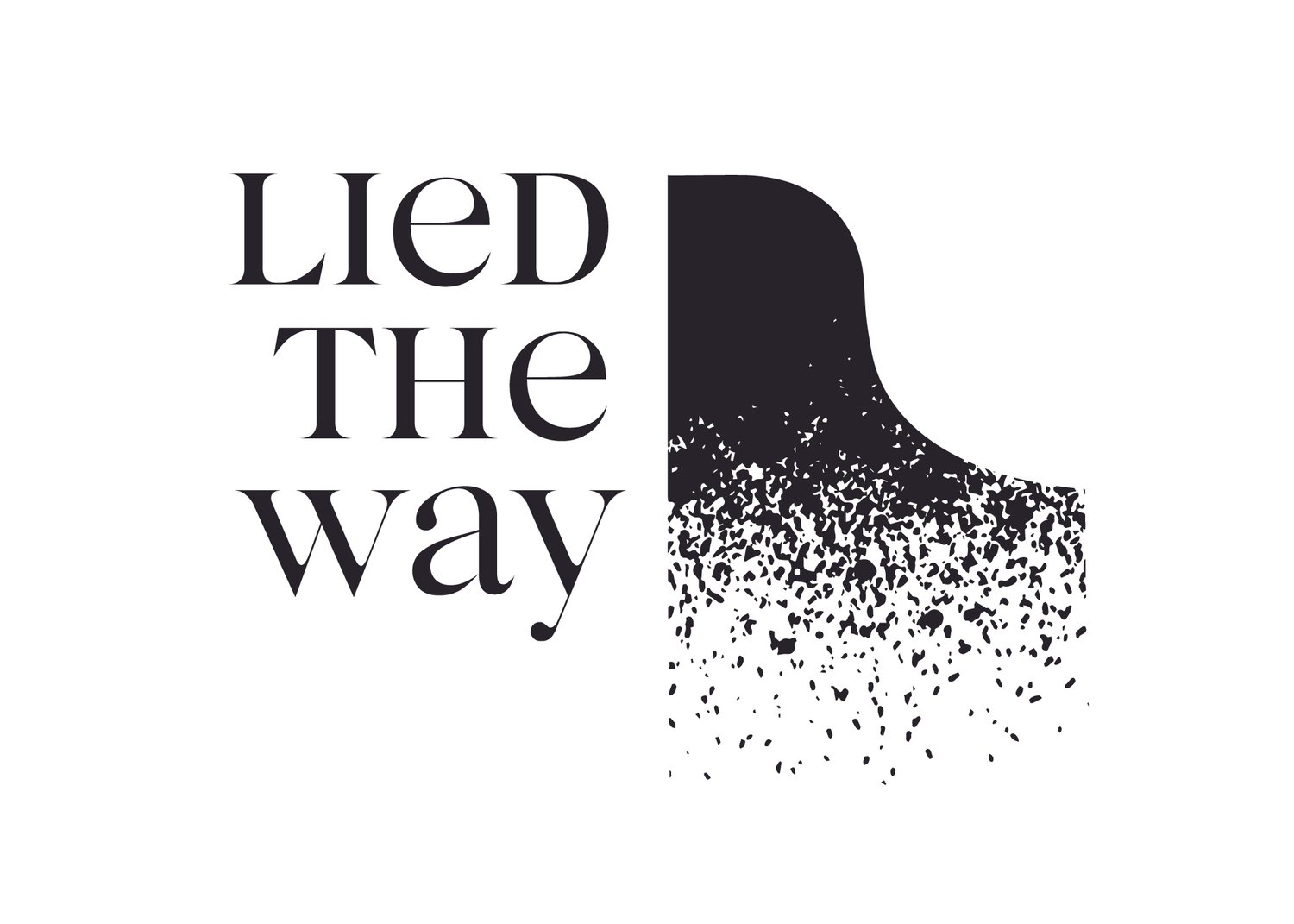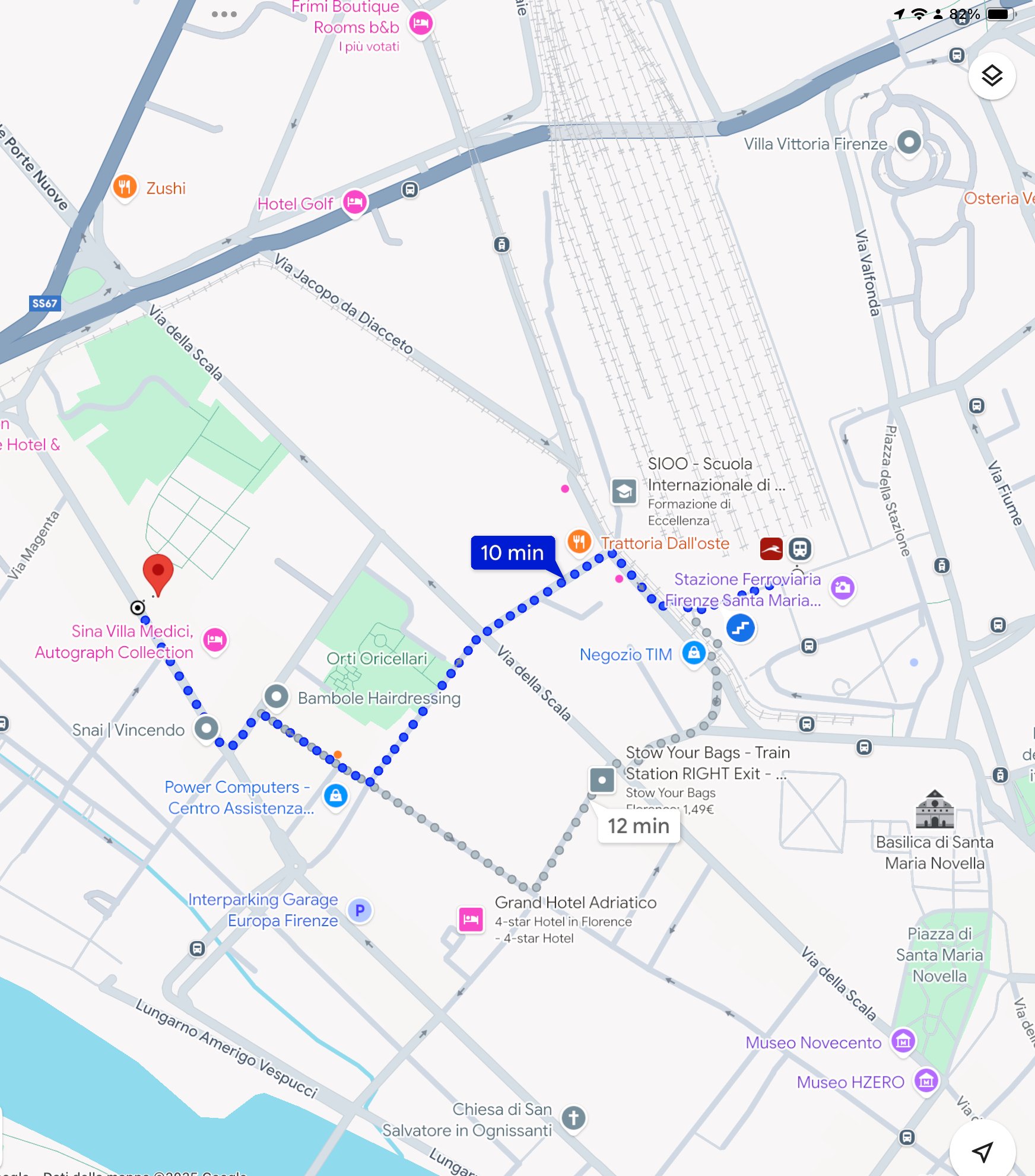
Wild Women of Song
Tuesday, July 8th at 19:00
Palazzo Corsini al Prato
Elenora Pertz and Hagar Sharvit
“These words, wild and woman, cause women to remember who they are and what they are about…. Let us sing her flesh back onto our bones”
In this recital, Elenora and Hagar reclaim the term “wild woman” as she who belongs to her instinctual self: The woman who knows how to create life and let things die; can love fiercely and bare her teeth when needed; she who laughs and grieves wholeheartedly.
They use song as a form of storytelling—which has always been a woman’s art— and traverse these stories via the seasons of a woman’s life.
They start with winter: death and welcoming the passing on to the next realm. Both the Hebrew mourning prayer “Kaddish” and the German Romantics Schubert and Brahms see death as a welcome guest after a life well-lived, and not someone to be feared.
Next follows the blooming of spring with new love and discoveries, such as one young girl learning to play Pan’s flute, or another anxiously waiting for her breasts to grow. Elenora and Hagar also tell a cautionary tale of what can happen when one doesn’t listen to the advice of her mother, and follows seductions naively.
The summer of mature love and pleasure is demonstrated in such sensual settings such as “Le Chevelure” by Rita Strohl and “Schenk mir deinen goldenen Kamm” by Schoenberg. Verlaine and Debussy tell us that “the sea is more beautiful than the cathedral”, reminding us that nature is more supreme than anything man can make. The passing on of wisdom to one’s children through song is told in Dvořak’s memorable “Songs my mother taught me”.
In the autumn of a woman’s life, the wild soul knows how to set fierce boundaries, move on from love’s disappointments, and stand by what she desires—whether that be wanting to smoke all day instead of working (Poulenc’s “Hôtel”) or loving someone considered impure (“Die Ballade von der Judenhure Marie Sanders). The autumnal woman knows how to grieve, to let go, and when to be lost to this world so she can live in her own life, love, and song.
Program
WINTER
“Kaddish”-Maurice Ravel
“Nachtstück”- Franz Schubert/ Johann Mayrhofer
“Der Tod, das ist die kühle Nacht”- Johannes Brahms/ Heinrich Heine
SPRING
“Le flûte de Pan” from Trois chansons de Bilitis- Claude Debussy/ Pierre Louÿs
“Breasts!” from woman.life.song- Judith Weir/Clarissa Pinkola Estés
“An eine Äolsharfe”- Hugo Wolf/ Eduard Mörike
“The Sealman”- Rebecca Clarke/ John Masefield
SUMMER
“La mer est plus belle que les cathédrales”- Claude Debussy/ Paul Verlaine
“Das Rosenband”- Richard Strauss/Friedrich Klopstock
“Le chevelure” from Bilitis- Rita Strohl/ Pierre Louÿs
“Schenk mir deinen goldenen Kamm”- Arnold Schoenberg/ Richard Dehmel
“Když mne stará matka” (“Songs my mother taught me”) from Cigánské Melodie (Gypsy Melodies)- Anton Dvořak/ Adolf Heyduk
AUTUMN
“Der Abschiedsbrief”- Kurt Weill/ Erich Kästner
“Hôtel” from Banalités- Francis Poulenc/ Guillaume Apollinaire
“Die Ballade” von der Judenhure Marie Sanders- Hanns Eisler/ Bertold Brecht
“Asturiana” from Siete canciones populares Españolas- Manuel de Falla/ traditional
“An Ancient Gesture” from Beauty Intolerable- Sheila Silver/ Edna St. Vincent Millay
“Ich bin der Welt abhanden gekommen”- Gustav Mahler/ Friedrich Rückert
Hagar Sharvit, Mezzo-soprano
Hagar Sharvit is an Israeli Mezzo-Soprano, Born in Tel-Aviv. Hagar is the recipient of the 1st prize and audience prize in the Das Lied international song competition. After finishing her studies at the Buchmann-Mehta school of music in Tel-Aviv, she moved to Europe and has been singing there since 2011.
Hagar sang in different venues and festivals such as the Lucerne Festival, Salzburg festival, Aix en Provence festival, George Ensecu festival, Heidelberger Frühling festival, Bachfest in Leipzig, Bregenz festival, Victoria hall in Geneva, Konzerthaus Berlin, Pierre Boulez Saal Berlin, the Vienna Musikverein, Gasteig München, the Bavarian state opera, Theater an der Wien, Komische Oper Berlin, Palau de Les Arts in Valencia, Opera Bonn, Oldenburgisches Staatstheater, Opera de Tours, MUPA Budapest, Kennedy Center Washington DC and more.
Hagar won prizes in several international Lied competitions such as, the Brahms competition, the Hugo Wolf competition, the Schubert competition, the Lyon chamber music competition, the Schumann competition and the Gianni Bergamo award in Lugano.
Her operatic roles include, Angelina in Rossini’s La cenerentola, Hansel in Humperdinck’s Hansel und Gretel, Cherubino in Mozart’s Le nozze di Figaro, Zerlina in Don Giovanni, Nerone in Handel’s Agrippina, Amastre in Xerxes, Zenobia in Radamisto and Dejaneira in Hercules, Hermia in Britten Midsummer night’s dream,Pinocchio in Jonathan Dove’s The adventures of Pinocchio, Emira in Hasse’s Siroe, Suzuki in Puccini’s Madama Butterfly and Ottavia in Monteverdi’s L’incoronazione di Poppea.
Elenora Pertz, Pianist
The Italian- American pianist Elenora Pertz is a multi-faceted pianist whose playing has been described as “magnificent, with endless subtlety”.
Elenora has performed extensively in venues such as Wigmore Hall, Berlin Philharmonie, Festspielhaus Baden Baden, Musée d’Orsay, Oxford Song Festival, Atélier Lyrique de Tourcoing, Schubertiade Schwarzenberg, and performed live on France Musique and SWR.
She has recorded both art song and chamber music repertoire for labels such as Hännsler Classics and B Records. In the winter of 2025 she recorded her debut album TERRA, which connects the piano to the earth element.
As an opera pianist she has worked at venues such as the Staatsoper Berlin, Osterfestspiele Salzburg, and Komische Oper Berlin with conductors such as Sir Simon Rattle, Esa- Pekka Salonen, and Thomas Guggeis. She has a long-standing collaboration with KS Brigitte Fassbaender, teaching Lied masterclasses together at the Eppaner Liedsommer and Schleswig-Holstein Festival.
Since the Winter semester of 2023-24, Elenora leads the art song class (Liedgestaltung) at the Hochschule für Künste in Bremen. She holds degrees from Vanderbilt University, Musik und Kunst Privatuniversität Wien, and Hochschule für Musik “Hanns Eisler” Berlin. She is an alumnus of the Orsay-Royaumont Lied and Mélodie Academie, a Leeds Lieder, Britten Pears, and Lied Basel young artist, as well as a Yehudi Menuhin Live Music Now fellowship scholar.
In 2021 Elenora founded the non-profit Lied the Way e.V. whose goal is to network and empower women in the art song community, and to raise awareness of the glass ceiling for female art song pianists in the industry.
Tickets
Regular Admission - 15€
Reduced Admission (seniors over 60 and students) - 10€
Tickets can be purchased for the concert at the venue. To reserve your spots, please send us an email at info@liedtheway.com.
Included in the ticket price is a free beverage and access to the post-concert reception.
How to reach us
Lied the Way Festival is taking place at the beautiful Palazzo Corsini al Prato, in the heart of Florence, Italy. The Palazzo is the home of Fondazione Mascarade, a highly-qualified and innovative opera studio for the next generation of singers and répétiteurs.
The venue is a 10-minute walk from the main train station in Florence, Santa Maria Novella. To access via Google Maps, simply search for “Fondazione Mascarade”
In addition to the airport in Florence (FLR), various other Italian airports— Bologna (BLG), Pisa (PSA), and Rome Fiumicino (FIU)—are all under two-hour train rides from Florence Santa Maria Novella.





